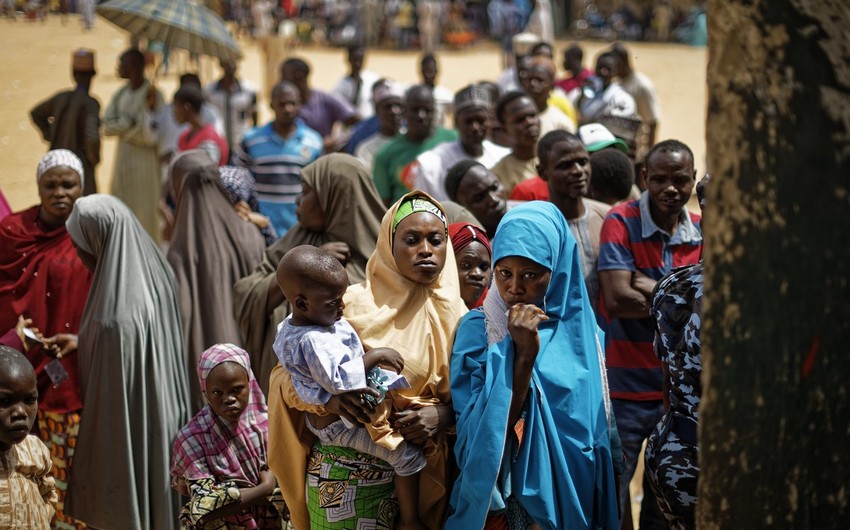Nigeria has declared a state of emergency that will allow the government to take exceptional steps to improve food security and supply, as surging prices cause widespread hardship, Report informs referring to Bloomberg.
The move will trigger a range of measures, including clearing forests for farmland to increase agricultural output and ease food inflation, Dele Alake, a spokesman for President Bola Tinubu, told reporters. It follows the president’s removal of fuel subsidies and exchange-rate reform, which has seen the naira fall by 40% after its peg to the dollar was removed last month.
While reforms are causing pain on the streets, they have led to rally in the country’s dollar bonds and a surge in stock prices to the highest level in 15 years as investors see the government’s decision on the currency as necessary to boost economic growth.
The World Bank forecasts economic growth could quicken to 4% from 2024 from an average of 2% since 2015. Nigerian eurobonds continued to rally on Friday, with yields on those due in 2031 declining for a fifth day to around 10.46%.
Still, currency weakness has added to pressures on the cost of living in the West African nation, where spending on food is a large part of most household budgets.
The price of food surged by more than 20% in sub-Saharan Africa in the period between 2020 and 2022, according to the International Monetary Fund, partly reflecting global trends and the fact the region imports many of its top staples.
For Nigerians, it is becoming unaffordable to a majority of the country, Alake said. “This has led to a significant drop in demand, thereby undermining the viability of the entire agriculture and food value chain,” he said.
Africa’s most populous nation has seen a jump in the cost of food and transportation since the fuel subsidies were ended, which were costing as much as $10 billion a year but made gasoline prices one of the cheapest globally.
The government will use the savings from the removal of the subsidies to revamp the agriculture sector, Alake said.


 https://static.report.az/photo/28009c42-9860-33ba-964a-fb89d1e3d9f9.jpg
https://static.report.az/photo/28009c42-9860-33ba-964a-fb89d1e3d9f9.jpg

